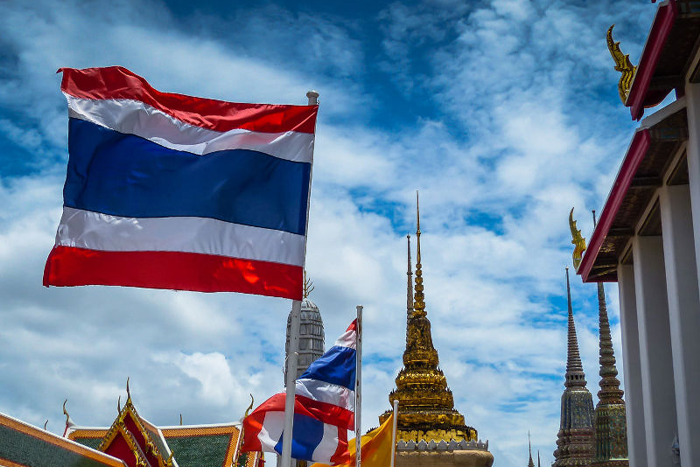March 2017 |
Many of you have shared concerns over the last months about the state of Singapore’s relations with China. This was symbolized by the seizure of the SAF’s Terrex vehicles but driven by other and deeper issues, especially comments on the South China Sea. Some expressed concern that our government was not listening to feedback on the issue and was instead insisting that nothing is wrong.
I wish to mention a number of actions undertaken that suggest that the Singapore government is seeking to repair its relations with China and therefore to moderate its stances and statements on the sensitive South China Sea issue. These actions are in the public realm but the motivations and analysis of our government’s different actions have been left unsaid. I would therefore offer these to you privately as our friend and corporate member and hope you will treat it accordingly.
1. PM Lee’s “Soft Talk”: PM Lee appeared on the BBC’s Hard Talk and when asked about the South China Sea took the occasion to restate the stance that he and our government have taken. He corrected the BBC host whose question suggested that Singapore had taken a “strong stance” and said that it was the tribunal that had made a strong statement. He also stressed Singapore does not judge specific claims and respects international courts.
2. Change from Past: The Straits Times reported that this “reiterated” past statements. Actually, the statement can be read as adjusting and moderating the tone of past statements. When he spoke of the issue in Tokyo last September, PM Lee had warned against “the law of the jungle” which could lead to small nations falling under the control of bigger, more powerful states. This was followed by an incident during the Non-Aligned Meeting Summit, after which a Chinese foreign ministry spokesman blamed Singapore officials (although it was left unspecified) for insisting on including South China Sea issues in the Summit’s final statement. Compared to these statements, what PM Lee said on the BBC was more moderate and circumspect.
3. High Level Cooperative Visit: In addition to the BBC statement, a high level visit to China was led by DPM Teo Chee Hean. All China-Singapore government projects were reviewed, including the new project centered in Chong Qing. This re-emphasized Singapore’s continuing cooperation and relevance to China’s domestic development.
4. What Singapore cannot Do: Other issues were raised among some Chinese like expecting Singapore to take China’s side against the USA, or to give up ties with Taiwan. But these issues remain off limits. While moderating statements and emphasizing our cooperation, our government must avoid any sign that Singapore is capitulating or being bought by China. Similarly, the importance of international law and rules will continue for Singapore as a small state – but, going forward, I expect will not be so much emphasized in relation to the South China Sea.
5. Further Cooperation? As China pushes ahead with the Asian Infrastructure Investment Bank (AIIB) and concept of One Belt One Road, I expect that our government will position Singapore to serve as a financial hub for projects that can help China in 3rd countries. This will seek to re-emphasize the win/win approach to the relationship and the value Singapore can bring, even if there some issues where the two sides do not agree.
6. Noisy Voices from China: There will continue to be other, noisy voices in China. However, our reading is that these voices do not represent the highest level of leadership in Beijing. The China Ministry of Foreign Affairs may seem to criticize Singapore strongly and some I have spoken expect them to continue with some statements and slights to Singapore. But the internal structure of Chinese politics does not mean their Ministry of Foreign Affairs speaks for the highest leadership or indeed is the main advisor to them.
7. Next Steps: The Singapore-China relationship is not back on even keel but Beijing will no doubt parse the diplomatic signals and statements that government has given. A number of you have shared incidents in your dealings with China with me or directly with our government leaders. I would encourage you to continue to pass feedback directly or through us or others; the situation is still fluid. But perhaps the reassuring factor is that our leaders are listening and responding.
I hope this is of interest to you. I would be happy to hear your views on a matter that concerns many of us.
Yours sincerely
Simon Tay
Chairman
![[Premium] Chairman’s Note (02/2017) – Efforts to Mend Singapore-China Ties](https://siiaonline.org/wp-content/uploads/2017/03/pexels-photo.jpg)



